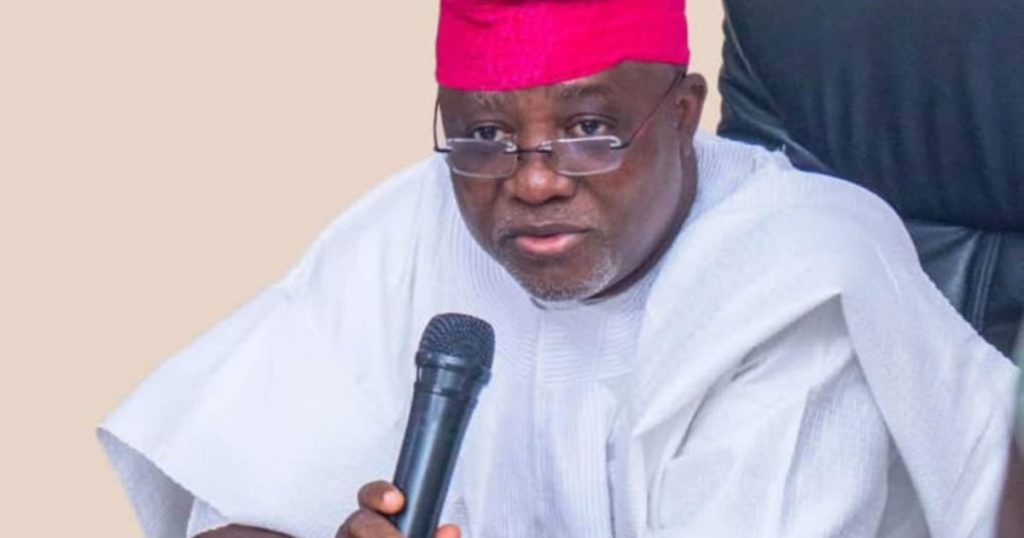The National Institute for Cultural Orientation (NICO) has expressed concerns regarding the declining state of Nigeria’s indigenous languages and cultures, highlighting the urgent need for revival efforts to avert a complete loss of national identity. Biodun Ajiboye, the Executive Secretary and CEO of NICO, voiced apprehension during a press conference in Abuja, where the inaugural International Day of the Intangible Cultural Heritage was being celebrated. He emphasized a troubling trend among Nigerian youth, who increasingly show little interest in engaging with their cultural heritage, which threatens not only individual identities but also national unity as a whole.
Ajiboye underscored the critical importance of passing cultural knowledge and language down to younger generations, warning that failure to do so could lead to the erasure of Nigeria’s identity. He passionately stated, “If we don’t pass our culture down to young people, the whole existence that marks our identity will perish. It’s a matter of time.” This call to action comes as he highlighted the need for immediate efforts to preserve Nigeria’s rich cultural tapestry, showcasing the alarm the organization feels over the potential consequences of cultural neglect.
The NICO Executive Secretary criticized the notion that Western education should eclipse indigenous cultural practices, advocating that a balance must be struck. He proposed the importance of developing a unifying Nigerian language to bridge the cultural gap and foster a sense of national cohesion. He referenced the previously attempted Wazobia initiative, which sought to promote a unified Nigerian language but ultimately fell short of its goals. Nonetheless, Ajiboye maintains hope that future efforts can successfully create a language that embodies Nigeria’s diverse cultures and unifies its people.
In a bid to combat language extinction, NICO has initiated research and strategic planning to identify vulnerable languages that require revitalization. Ajiboye asserted that it is their collective responsibility to ensure that every endangered language possesses the means for resurgence. He emphasized the necessity of advocating for these languages and encouraging the youth to learn them anew, presenting a proactive approach to cultural preservation. This endeavor highlights NICO’s commitment to safeguarding not just languages but the broader cultural heritage that defines the Nigerian identity.
Despite the richness of Nigeria’s cultural heritage and past commitments to its preservation, significant challenges remain. Ajiboye identified obstacles such as inadequate legal frameworks, lack of funding, and insufficient collaboration among various stakeholders—including government bodies and local communities. These challenges hinder effective cultural preservation and require concerted efforts to devise solutions that can fortify the country’s intangible cultural heritage for future generations.
Furthermore, Ajiboye called for innovative approaches to displaying and teaching Nigerian cultural practices, proposing that modern technologies—such as artificial intelligence and other global tools—should be utilized in preservation strategies without compromising the fundamental values of culture. The inaugural celebration of the International Day of the Intangible Cultural Heritage in Nigeria served as both a commemoration of the country’s diverse cultural legacy and a clarion call for a renewed commitment towards its preservation, urging all citizens to actively participate in safeguarding the country’s beloved cultural heritage for generations to come.














